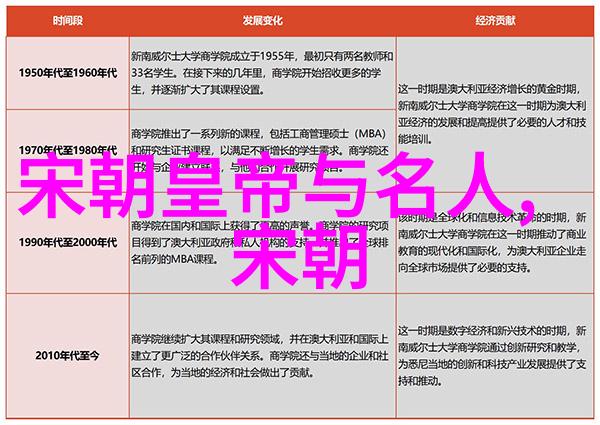明朝历史用英语怎么翻译-Deciphering the Ming Dynasty A Guide t
Deciphering the Ming Dynasty: A Guide to Translating Chinese History into English

The Ming dynasty, which lasted from 1368 to 1644, is a fascinating period in Chinese history. It was marked by significant cultural, economic, and military achievements. However, when it comes to translating this rich history into English, there are several challenges that need to be addressed.
Firstly, there is the issue of terminology. Many words and phrases used during the Ming dynasty do not have direct English equivalents. For instance, the term "Ming" itself means "bright" or "clear," but it has a deeper connotation that goes beyond mere translation.

Another challenge lies in capturing the nuances of historical events and figures. The Ming dynasty was marked by both prosperity and turmoil – wars with neighboring kingdoms, natural disasters like floods and droughts – all of which had far-reaching impacts on society.
To overcome these challenges, translators must immerse themselves in the language and culture of the time period they are working with. They should consult primary sources such as historical texts written during or shortly after the Ming era (such as Zhu Xi's annotations on Confucius' Analects) alongside secondary sources like modern histories written about China during this time frame.

One example where understanding context helps is when translating names for people or places from Chinese characters into their Romanized counterparts using Pinyin system devised by China since 1950s-60s for standardizing pronunciation). Names often carry important meaning within them - e.g., Hongwu Emperor who founded Ming dynasty named himself after his victory against Mongol rule ("Hong" meaning red/revolutionary), thus reflecting his vision for restoring national unity under one banner following years of fragmentation due to Mongol invasion.
In conclusion while there may seem daunting obstacles at first glance regarding how best approach translations related specifically towards '明朝历史用英语怎么翻译', deep immersion in subject matter along side extensive research will provide us with tools necessary make accurate yet engaging translations accessible readers around world interested learning more about this pivotal chapter human history through lens foreign language perspective without losing essence original content presented originally Mandarin text form wherein each character carries weight significance deeply rooted within its own unique linguistic structure & cultural tradition making any attempt at translation an intricate dance between preservation accuracy conveying complexity richness story itself effectively convey intended message while keeping reader engaged informed throughout process thereby allowing them appreciate beauty depth details present within narrative even across different languages barriers seamlessly interwoven together forming comprehensive picture complete understanding what truly made '明朝' so remarkable historic epoch unparalleled wisdom leadership resilience shown amidst turbulent times adversity; ultimately proving power potent storytelling transcends borders barriers creating universal bond shared amongst those seeking knowledge truth behind legendary reign lasting centuries inspire future generations come learn grow together through collective journey discovery exploration pursuit excellence we strive achieve every day now tomorrow forevermore!




